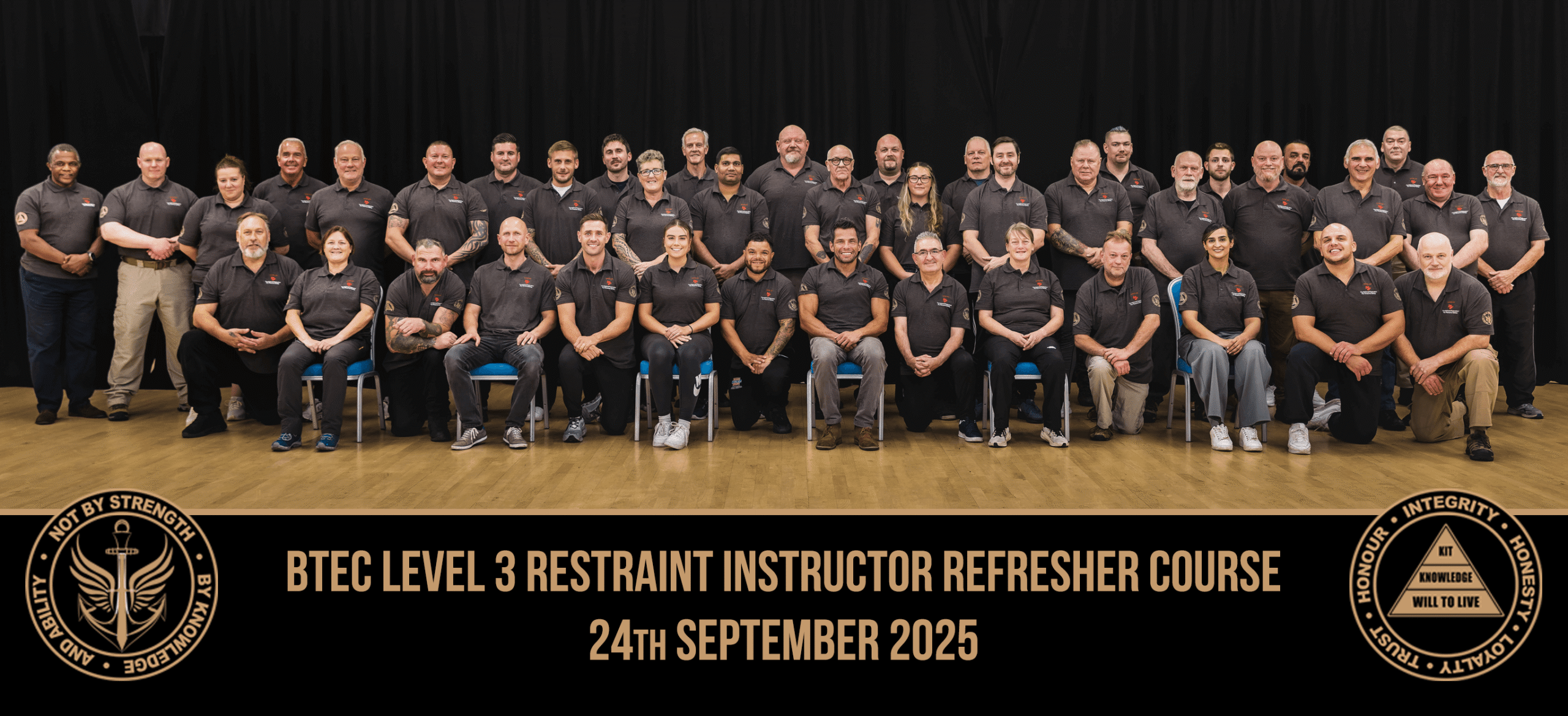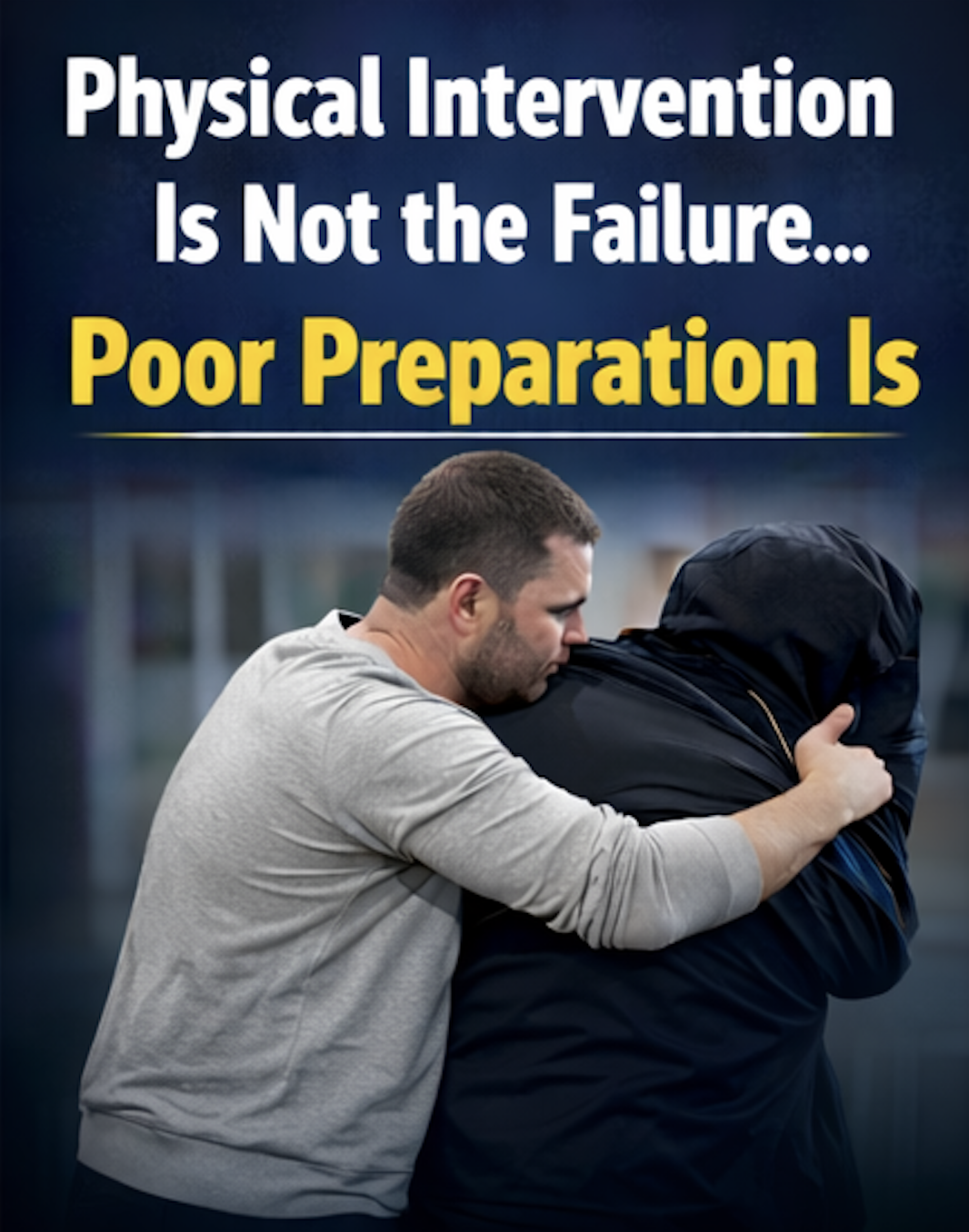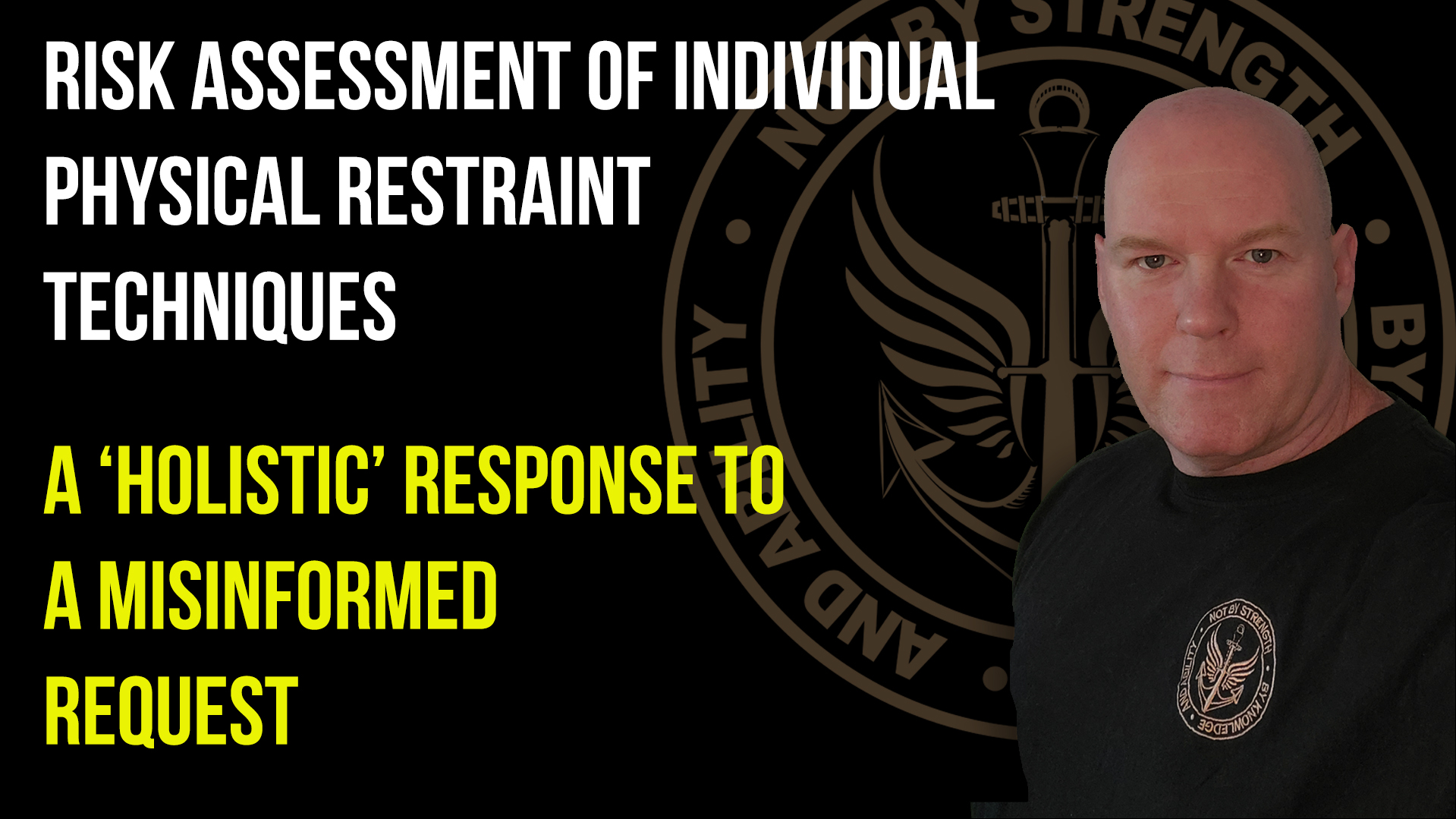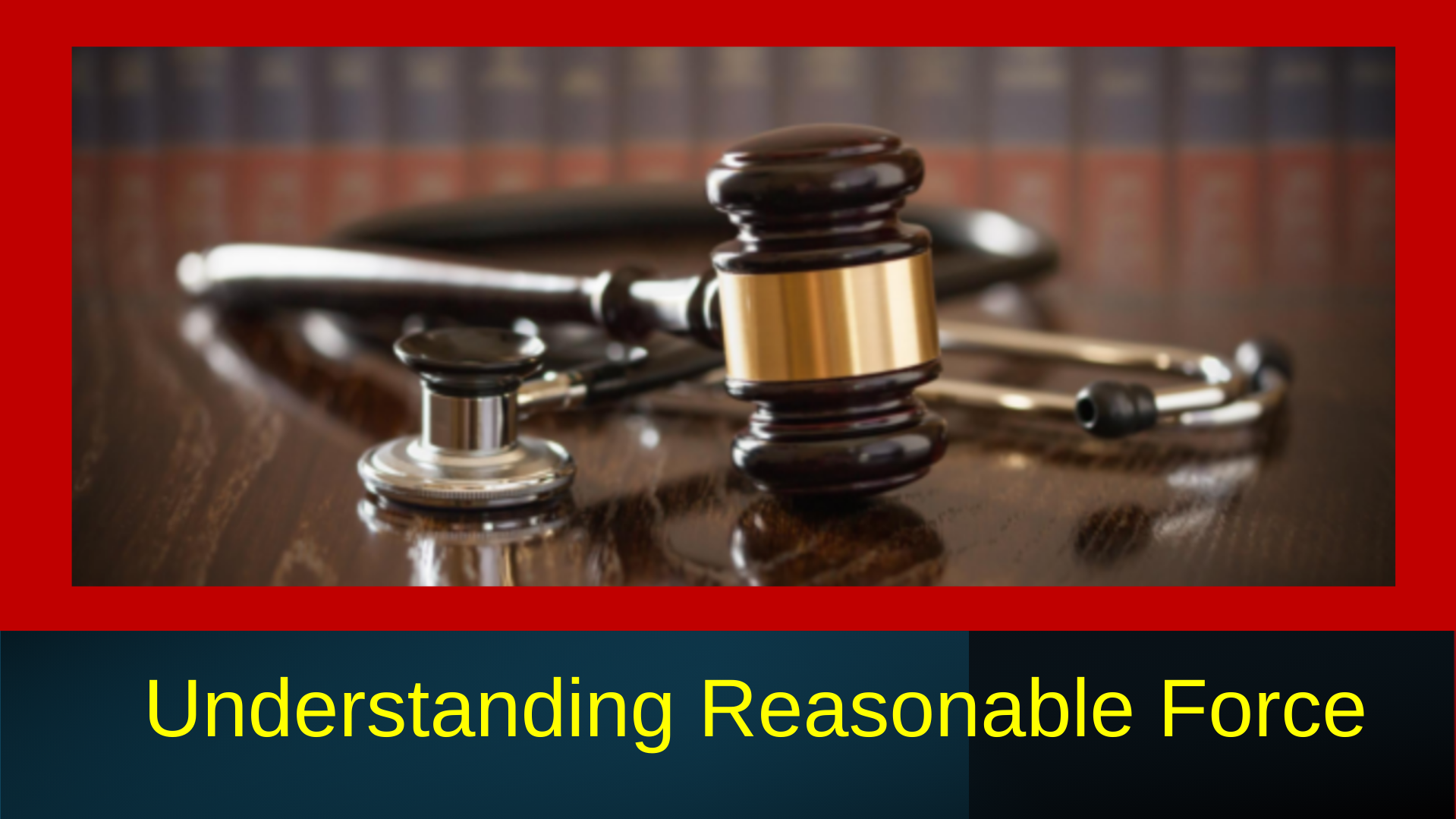Why Professional Instructors Choose NFPS Ltd
Because we understand what is at stake. NFPS programmes enable you to: Gain recognised BTEC vocational qualifications Deliver legally defensible training Access complete professional training resources Join a respected national instructor network Maintain competence and professional credibility Next month, March, NFPS Ltd is delivering its full instructor qualification programme at the prestigious Lilleshall National Sports & Conference Centre. These programmes … Read more










